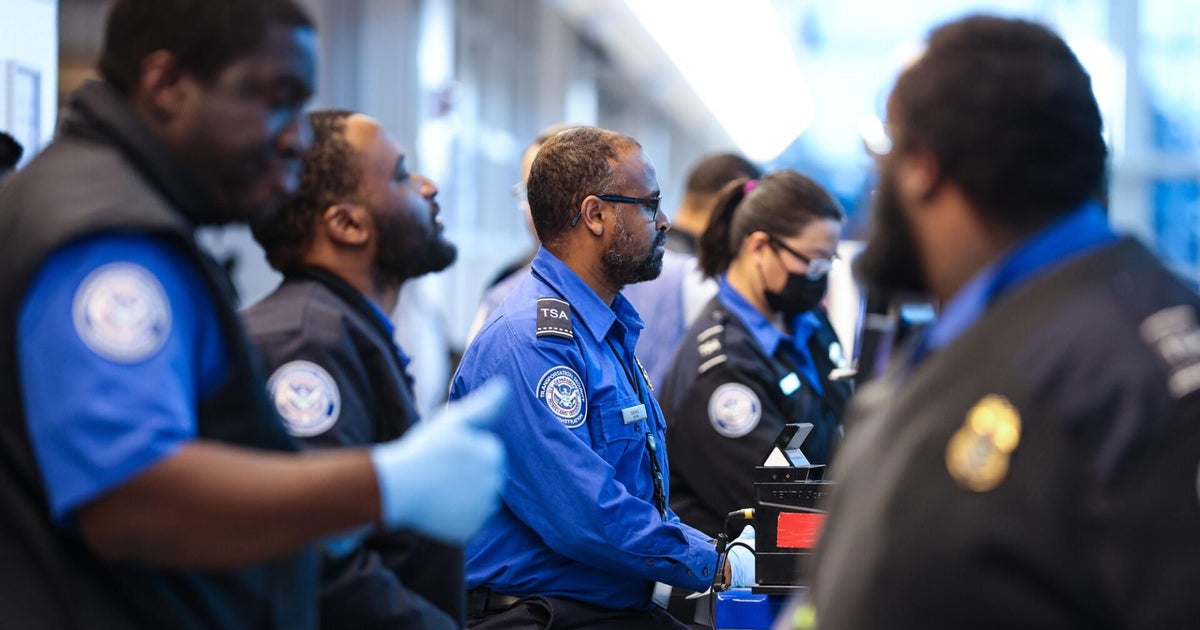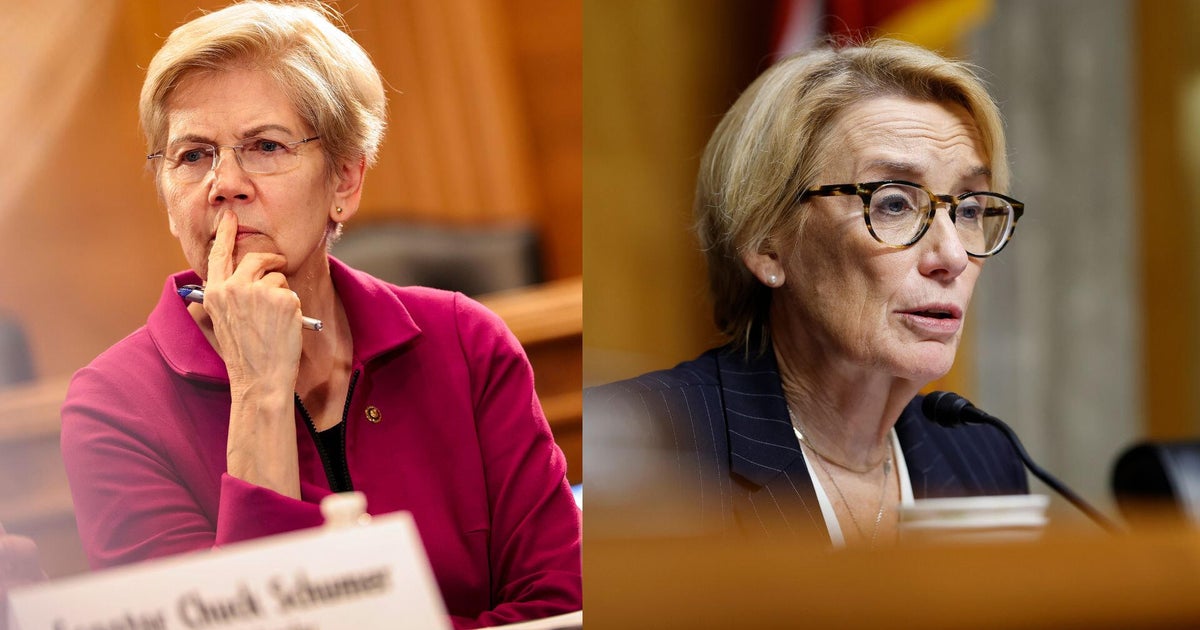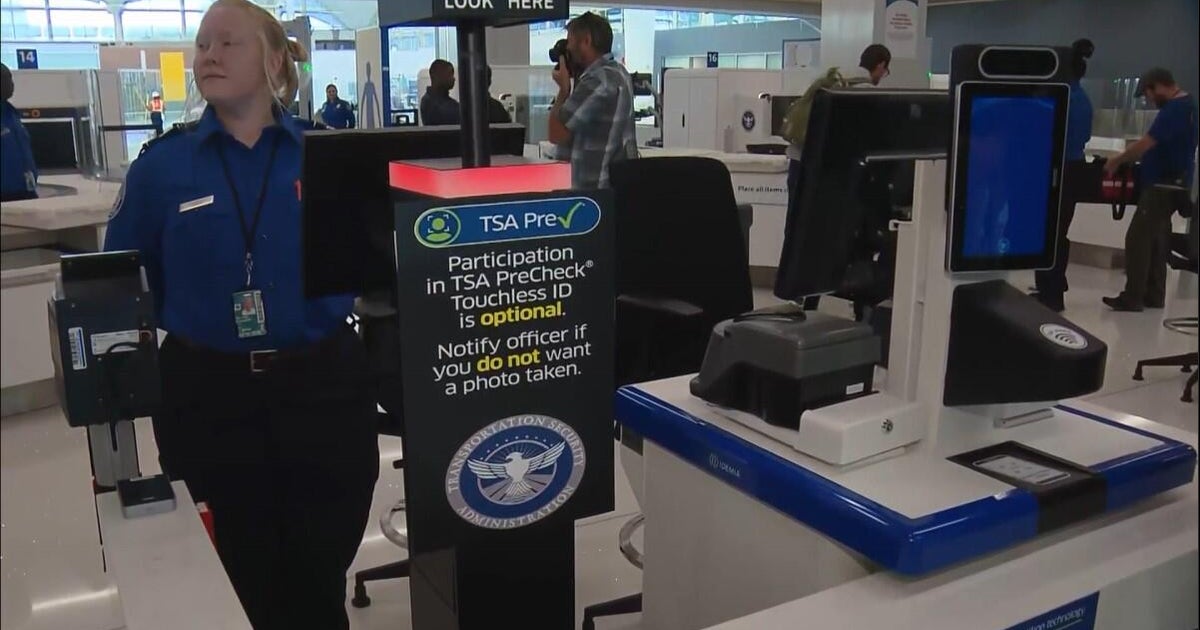Minn. Budget Talks Go To Wire; Shutdown Hours Away
ST. PAUL, Minn. (AP) -- After five days of secretive budget negotiations with Republican lawmakers, Democratic Gov. Mark Dayton said Tuesday that their next meeting will determine whether a state government shutdown can be avoided with just hours to spare.
Dayton and Republican leaders planned to convene again Wednesday morning, 39 hours before the lack of a budget would force most of state government into a sweeping shutdown that would close everything from state park campgrounds to professional licensing offices, road construction zones and highway rest areas.
The governor held out hope that there was still time to head that off through a combination of a budget deal and a Thursday special session to pass temporary spending authority before putting a full budget in place.
"We recognize time is running short, so we recognize tomorrow is the day we're going to have to make our final breakthroughs," Dayton said after a private afternoon session focused on health and welfare spending.
Republicans said they could act within hours on big pieces of the budget such as school funding. The governor, who has sole authority to call a special session, repeated that he won't do so without an overall budget agreement.
Senate Majority Leader Amy Koch said the Legislature is poised to return to the Capitol.
"Our members are ready to show up as soon as they need to," said Koch, R-Buffalo.
Neither side would reveal whether a deal is within reach. They've met privately for the past five days under a secrecy pact as the state slides ever closer to its second government closure in six years.
A Ramsey County judge is expected to rule this week on how critical services would be handled in a shutdown.
In a related case, another judge on Tuesday ordered the state court system to stay open during a shutdown. Retired Judge Bruce Christopherson, who was appointed to handle the case, said a failure to fund courts would lead to "irreparable and inestimable" consequences.
"If the courts are not funded, the basic, essential constitutional rights of the public would fail," he wrote.
Christopherson said a closed court system would make it difficult or impossible for police to hold people accused of violent crimes, to keep psychopathic sex offenders in secure treatment facilities, to grant and enforce restraining orders in domestic violence cases, and to remove children from unsafe home environments.
Dayton said he was "delighted" in the judge's decision.
Talks broke off Tuesday so Dayton and top lawmakers could attend a memorial service for Sen. Linda Scheid, a longtime Democratic senator from Brooklyn Park who died earlier this month.
The day's negotiating sessions focused on health and human services, the fastest-growing part of the budget and the spending area where the two sides disagree most sharply. The GOP-approved budget Dayton vetoed would have cut $1.6 billion from projected spending on those programs, while Dayton's proposal would cut half that. The governor wants new tax revenue to soften the cuts to vulnerable groups including the disabled and poor.
The sticking points in the budget dispute have been over the level of spending in the two-year state budget that's supposed to start on Friday, and how to pay for it. Republicans have insisted on spending no more than $34 billion, the amount the state is projected to collect in that period without new revenue sources. Dayton wants to add $1.8 billion, mostly from new income taxes on the highest earners.
"We don't believe a shutdown is necessary," Republican House Speaker Kurt Zellers said. "The budget we put together is the largest in state's history. We can fund our priorities within there. If the priorities need to be adjusted so that everybody's happy and everybody's unhappy, we're also willing to do that."
Democratic Senate Minority Leader Tom Bakk wouldn't make any predictions.
"I think it depends on people's willingness tomorrow. And I don't have an answer on that," he said.
(© Copyright 2011 The Associated Press. All Rights Reserved. This material may not be published, broadcast, rewritten or redistributed.)







